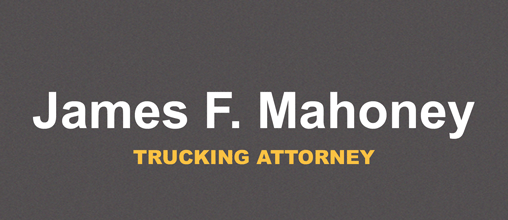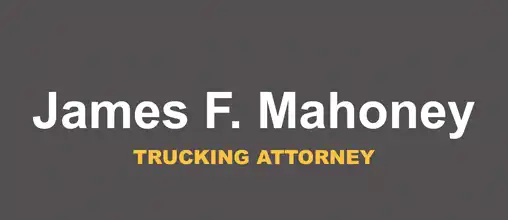Example
In Veriha v. Commissioner,
2012 WL 3205250 (U.S. Tax Court 2012), the motor carrier company owned no rolling stock; it leased trucks and trailers from two entities of which the taxpayer was the principal owner. The motor carrier leased equipment from no one else, and the two owning entities leased to no one other than the motor carrier.
One of the entities generated a net loss, which the taxpayer treated as a passive loss on his return. However, the IRS re-characterized the income amounts as non-passive, under Treas. Reg. Sec. 1.469-2(f)(6). The IRS argued that each tractor and trailer held by the two entities constituted a single item of property because each was leased to the related trucking company in separate agreements at an independently determined monthly rate.
The Tax Court agreed with the IRS that each individual tractor or trailer was an "item of property" based on the facts of case, and only the income was re-characterized as non-passive.
Rental Activity Exceptions
Together with your tax advisor, you may look to qualify for one of the exceptions to the definition of a rental activity if you operate this way:
(1) Qualify as "extraordinary personal services," where the rental activity is incidental to the services provided by the owner and the operations therefore are not truly rental activities.
(2) Qualify for "grouping" the rental activity with the trade or business activity to which it rents property. Any reasonable method for making the grouping determination can be utilized, but certain factors are given the greatest weight in determining whether activities should be grouped or kept separate:
- similarities or differences in types of businesses;
- extent of common control;
- extent of common ownership;
- geographic location; and
- business interdependence.
The election to group activities is made by filing a statement with the taxpayer's original income tax return for the taxable year.
(3) Group items into fewer rental agreements, so that the "item of property" could be, for example, "160 tractors and trailers" rather than individual rental agreements for each tractor and trailer.
Please note that this article is not intended as tax advice; it is merely a heads-up on an issue that should be properly addressed with your tax advisors.


